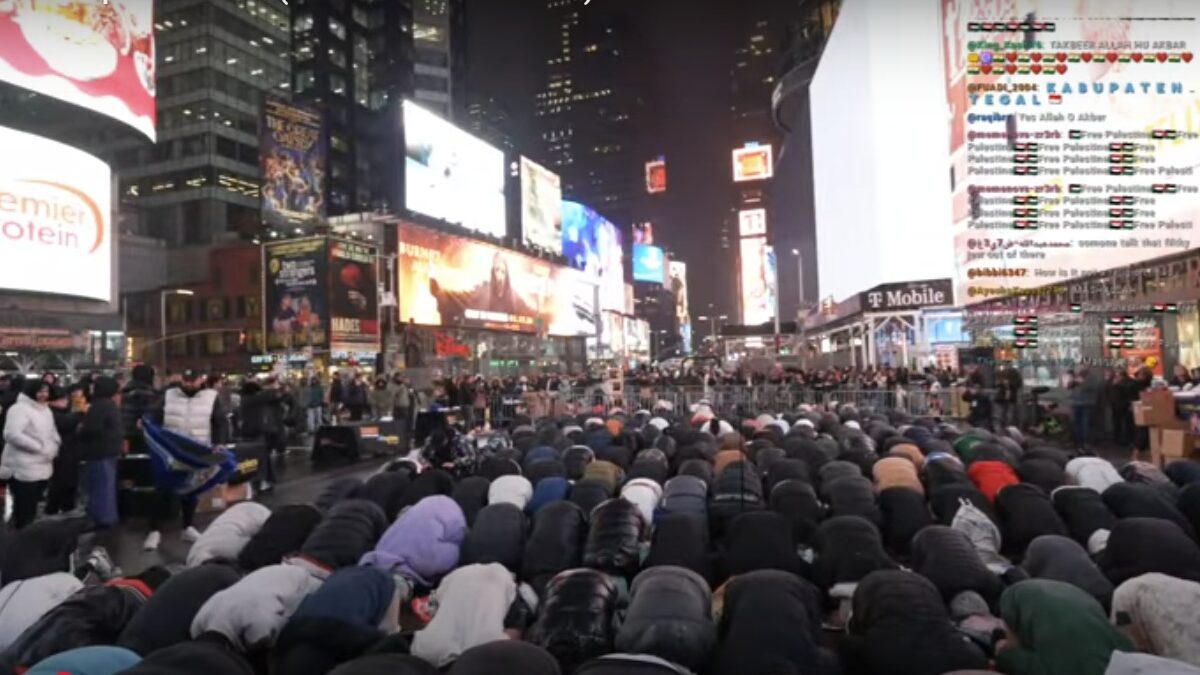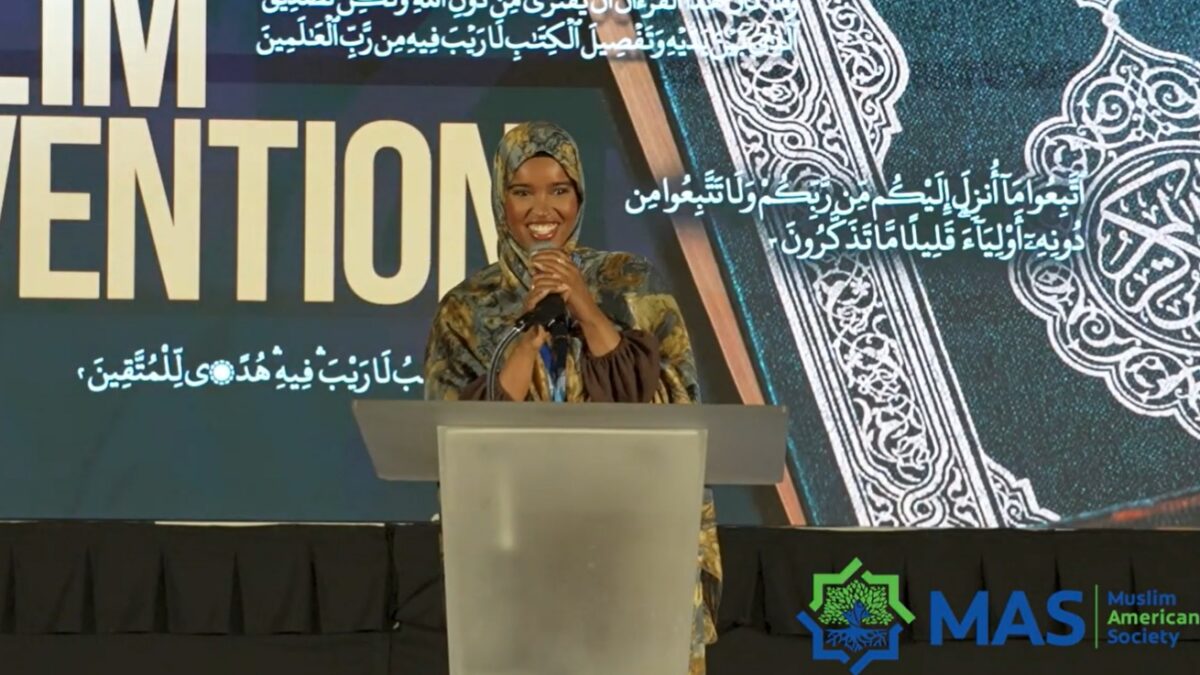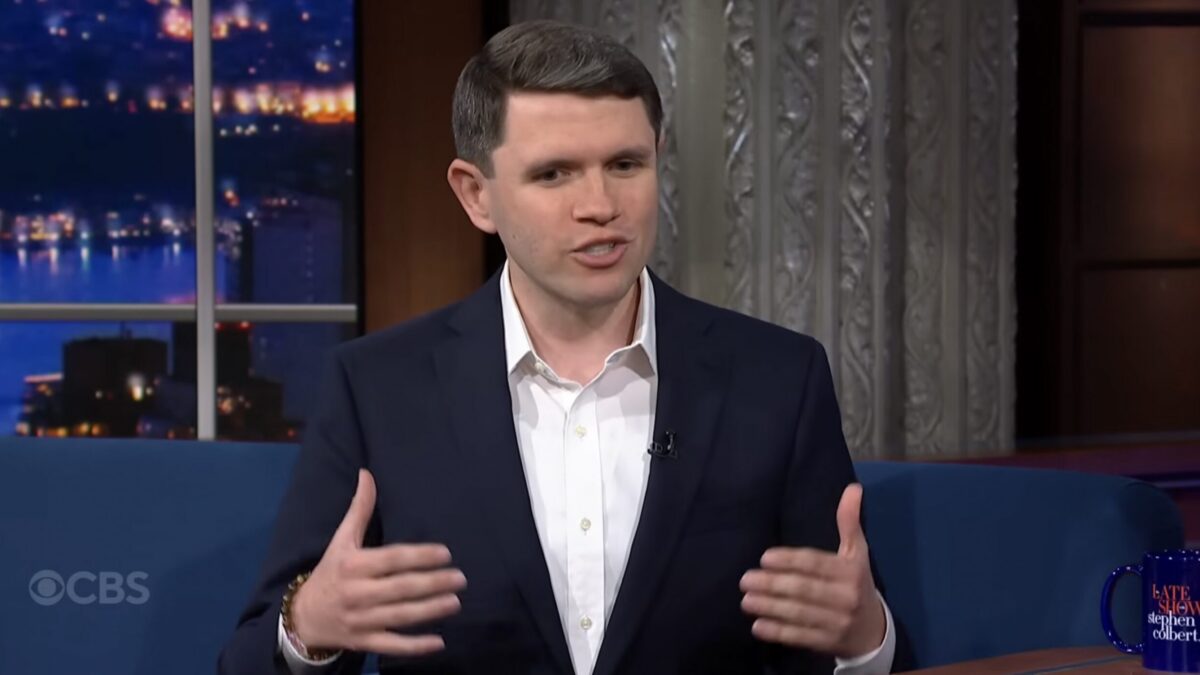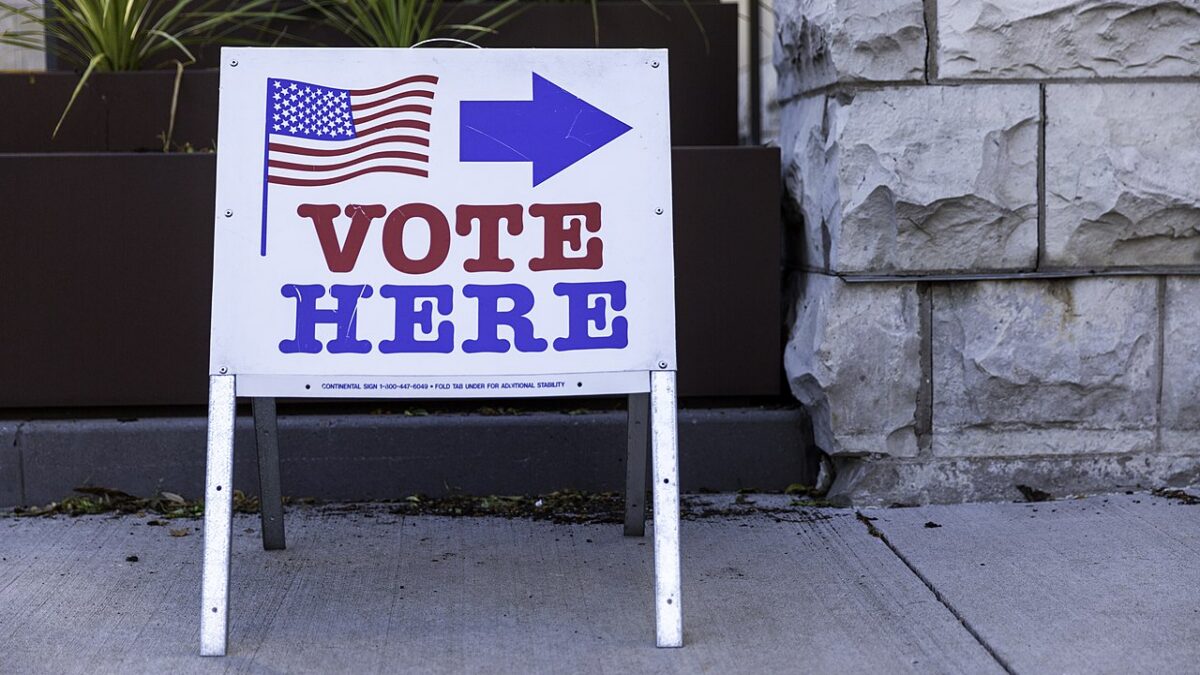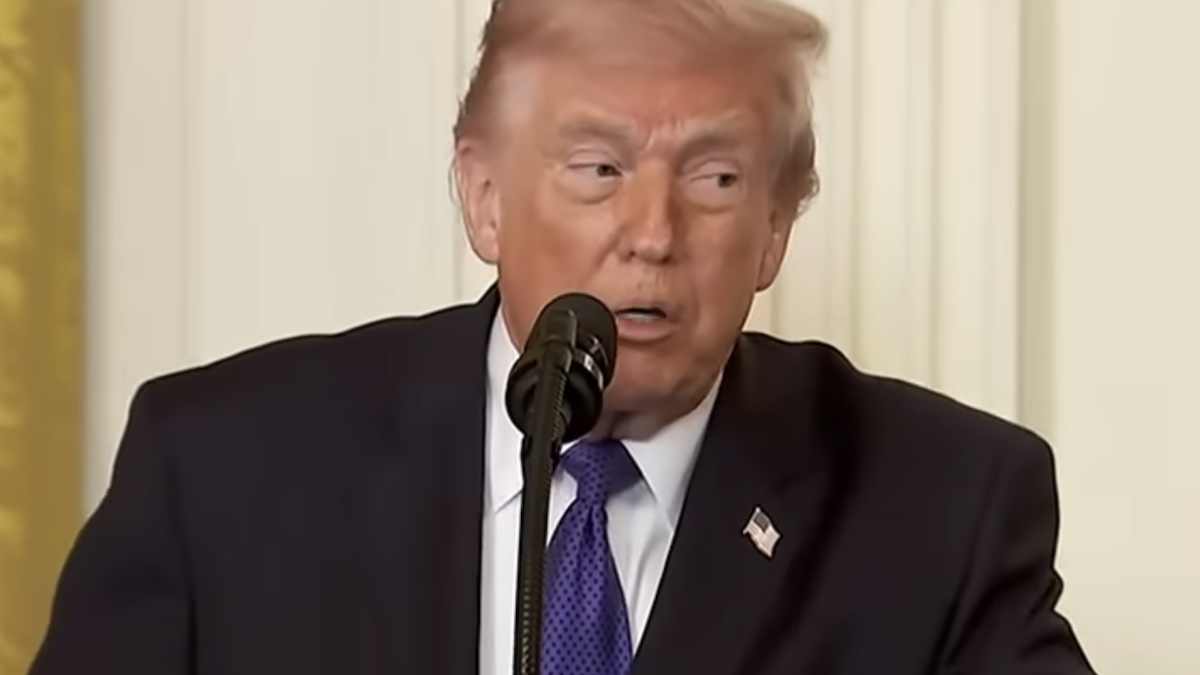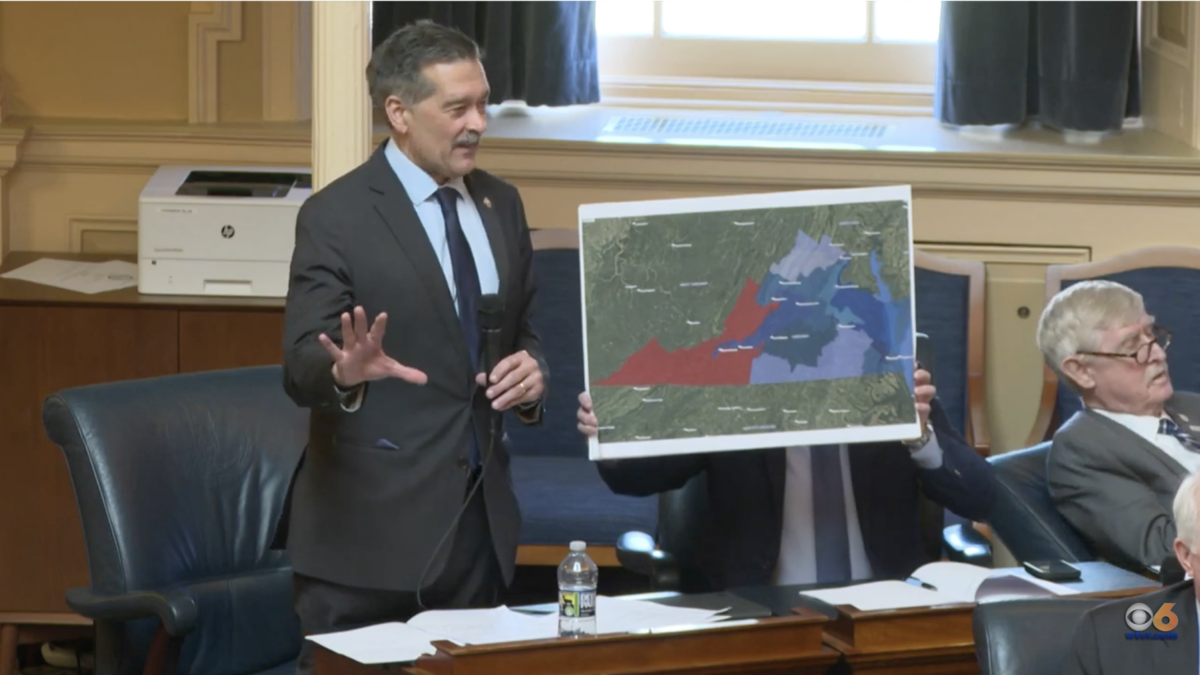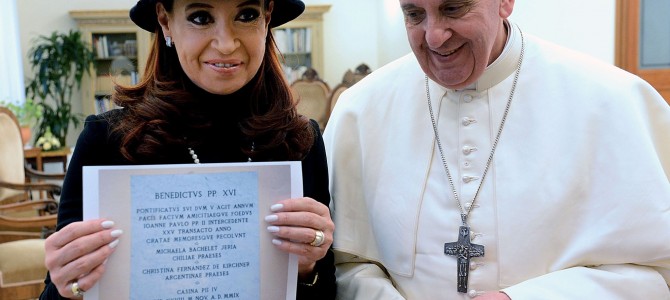
Pope Francis’s first apostolic exhortation, Evangelii Gaudium (“The Joy of the Gospel”) is a beautiful document and a joy to read. I’ll leave its theological implications to those who live in the Church. What’s got many people praising the Pope today, though, isn’t his plea for good works, but rather his critique of capitalism. Ed Morrissey argues that many in the media misunderstood the Pope’s point. And Bishop James D. Conley tells us that The Joy of the Gospel was a rejection of “idolatry of any economic system as a panacea” rather than a specific rejection of capitalism and consumerism.
Maybe.
As fascinating as the context of Pope’s message might be, there is — or seems to be — something new about this rhetoric. You could always detect a pinch of socialistic seasoning in the Church’s theological stew. This, no doubt, is why God saw fit to create Robert P. George and Robert Sirico. In this case, the Pope didn’t simply point out that the wealthy weren’t doing enough to help alleviate poverty. He used the recognizable rhetoric of the Left to accuse free-market systems of generating and nurturing that poverty. And these platitudes — things that run wild in the liberal imagination like unfettered capitalism and “trickle-down” economics — were clearly aimed at the United States.
The Pope condemns the “new tyranny” of “idolatry of money,” not only reasonably arguing that economic systems should not be accepted with blind faith, but that “as long as the problems of the poor are not radically resolved by rejecting the absolute autonomy of markets and financial speculation and by attacking the structural causes of inequality, no solution will be found for the world’s problems or, for that matter, to any problems.”
For starters, it’s troubling that the Pope fails to make any genuine distinction between Western poverty (terrible) and the poverty of the Third World (unimaginably terrible). But is it really true that “absolute autonomy of markets and financial speculation” are the driving reasons for poverty and inequality? People in places like Congo, Burundi, Eritrea, Malawi, or Mozambique live under corrupt authoritarian regimes where crippling poverty has a thousand fathers — none of them named capitalism. The people of Togo do not suffer in destitution because of some derivative scheme on Wall Street or the fallout from a tech IPO.
“While the earnings of a minority are growing exponentially,” the Pope goes on to say, “so too is the gap separating the majority from the prosperity enjoyed by those happy few.”
In truth, global inequality has been dropping for years. The World Bank estimates global poverty was halved from 1990 to 2010. In fact, according to the World Bank, the United Nations’ “millennium development goal” of cutting world poverty in half by 2015 came in five years ahead of schedule despite a major global recession. The decline in poverty coincides, not coincidentally, with developing nations embracing more market-based systems.
Moreover, the Pope falls into the trap of conflating inequality and poverty. Some countries enjoy income parity because most citizens are rich and others because most citizens are poor. Put it this way: Egypt, Pakistan, and Mongolia all enjoy more economic equality than the United States. The GDP per capita here is $49,800. In a country like Argentina, the Pope’s homeland, a place where wealth is more fairly distributed, it’s $18,200.
Now, no reasonable person believes any economic system is a cure-all. But how many reasonable people argue that market-based economies — and the underlying morality that drive them — haven’t done more to alleviate poverty worldwide than any other system? For the most part, in fact, the more unfettered a nation’s economic system is the prosperous the population becomes, and consequently the more it spends on charity and safety net programs. When we match up the Cato Institute’s Index of Economic Freedom with the World Bank’s measure of per capita income, we find that the countries with the most unencumbered systems and the most financial “speculation” usually have the least of amount of poverty:
Hong Kong — $51,946
Singapore — $61,803
Australia — $44,598
New Zealand — $32,219
Switzerland — $53,367
Canada — $42,533
Chile — $22,352 (Chile’s score has jumped considerably since unfettered capitalism took over)
Mauritius — $15,649
Denmark — $42,086
Rather than credit those who do their best to balance this imperfect system that lifts millions out of impoverishment, the Pope attacks them for the prevalence of imaginary economic Darwinists who callously keep equality from blooming. “Consequently,” these people “reject the right of states, charged with vigilance for the common good, to exercise any form of control,” Pope Francis contends.
Any form of control? Really? The Federal Registry of the United States regularly comes in over 60,000 pages. Or, to put it another way, it’s longer than all 46 books of the Old Testament, the 27 books of the New Testament and every gospel the Council of Nicaea decided to toss, combined. And the United States, a place teeming with these economic Darwinists, also happens to be one of the most charitable places on the planet — even before we begin counting per capita spending on safety nets.
The Pope goes on to decry the current “economy of exclusion and inequality.” Well, aimed at a nation incessantly debating ways to create more opportunities for the super poor to catch up to the super rich seems a bit unfair. We can do better, of course. But as inequality goes, according to two measurements (the Palma ratio and the Gini coefficient) the United States falls somewhere in the middle of the pack. That’s more impressive than you think, considering we welcome more immigrants, temporary workers, and foreign students than most nations. The majority of these visitors and immigrants –some of them illegal — begin their time here poor.
The Pope also throws around a bromide about “speculation” creating “a throwaway culture that discards young people as well as its older people.”* One assumes that by young people he also mean abortions (mostly, the media skips this part), but the fact is, generally speaking, older people in the U.S. benefit more from financial speculation in the marketplace than anyone. Many people in retirement, if not most, live partially off the wealth created by their lifelong speculation in the marketplace, either through their pension plans, 401(k)s, or property speculation. Without these investments, more Americans would be living off of safety net programs, which wouldn’t exist long with that kind of pressure.
Finally, the Pope claims there is no evidence that a trickle down “theory” — by which we assume he means market economies — works. Greg Mankiw, professor and chairman of the economics department at Harvard, points out on this blog, that “as far as I know, the pope did not address the tax-exempt status of the church. I would be eager to hear his views on that issue. Maybe he thinks the tax benefits the church receives do some good when they trickle down.”
Supposedly religious institutions get a $71 billion dollar tax break every year — far too little, in my estimation. I assume the Church believes it does an effective job helping the needy. The Pope doesn’t stash all his money in a Swiss bank account. It trickles downwards to the poor. The Apostolic Exhortation, in fact, calls for the decentralized Roman Catholic Church. Surely, Pope Francis can’t believe that the centralization of charity (or, in the government’s case, welfare) is a better idea than allowing locals to meet the needs of their communities?
Actually, he might. Because, as compelling and as charismatic as he is, if we, in The City of Man, took the Pope’s advice on economic issues, we’d end up with millions more living in poverty.
*These comments appeared in an interview on an Argentine TV station following the release of the exhortation.
Follow David Harsanyi on Twitter.



